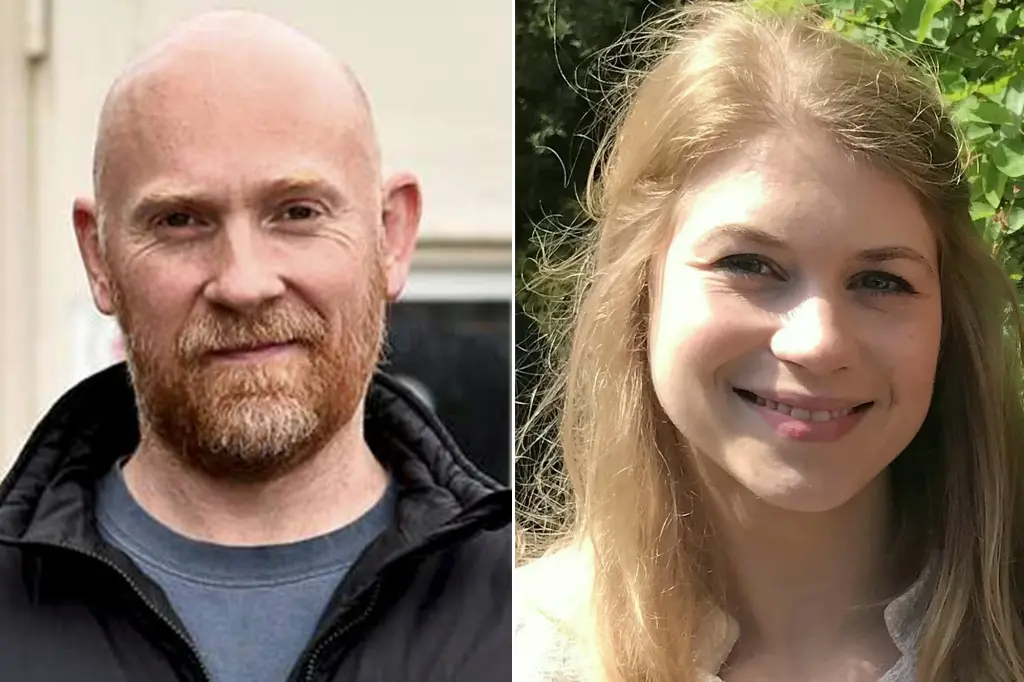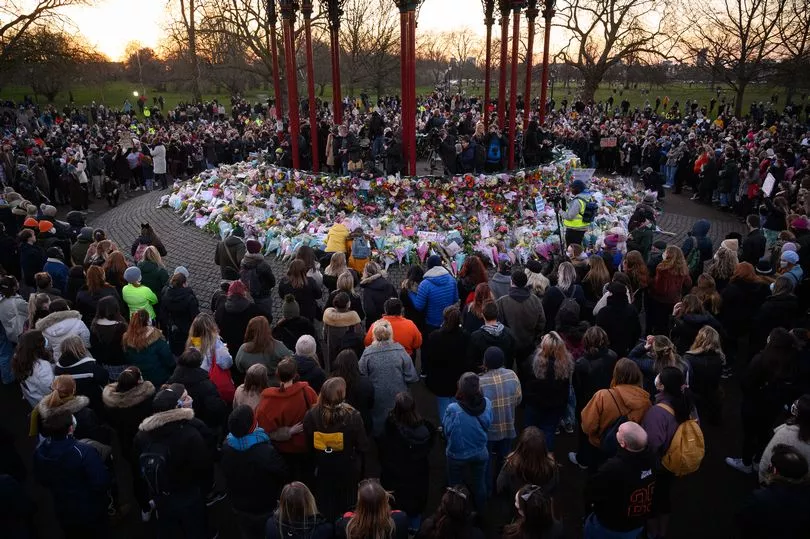
Sarah Everard, a 33-year-old marketing executive, vanished on March 3, 2021, while walking home from a friend’s house in Clapham, South London.
Despite taking a well-lit route and speaking with her boyfriend during the walk, she was abducted by Wayne Couzens, a serving Metropolitan Police officer.
According to BBC News, Couzens falsely arrested her, claiming she breached COVID-19 regulations, handcuffed her, and forced her into a car. Her remains were discovered a week later in a wooded area near Ashford, Kent.
How did a police officer commit such a crime?
Couzens, who worked in the Parliamentary and Diplomatic Protection unit, had a documented history of predatory behavior.
Reports by The Independent revealed multiple allegations of indecent exposure against him, but no action was taken. Could this failure to act have emboldened him?
During his trial, Couzens admitted to kidnapping, raping, and murdering Everard. He was sentenced to a whole-life order, meaning he will never be released.
Judge Adrian Fulford described his actions as a gross abuse of his authority as a police officer, as per BBC News.
How did Couzens kill Sarah Everard?
After abducting Sarah, Couzens drove her to a remote area in Kent. Court records revealed that he raped her before strangling her with his police-issued belt.
Forensic evidence confirmed that Couzens killed her shortly after the abduction, leaving no chance of survival. He then burned her body in an attempt to destroy evidence, later disposing of her remains in a nearby pond. These chilling details, as reported by The Indpendent, revealed the calculated and brutal nature of his actions.
This case raised urgent questions about the vetting process within law enforcement. How could someone with a history of misconduct remain in such a trusted position?
Protests and public outcry
The nation mourned Everard’s death, with vigils organized in her memory across the UK.
One of the most prominent gatherings took place at Clapham Common, near the site of her abduction.
The Guardian reported that the event turned chaotic when Metropolitan Police officers forcefully dispersed attendees, citing COVID-19 restrictions.
Images of women being restrained and arrested spread quickly on social media, sparking widespread outrage.
Critics accused the police of hypocrisy, questioning how officers could mourn one of their own while cracking down on peaceful mourners.
Why was force deemed necessary during a vigil for a victim of police abuse?
The Clapham Common vigil became a focal point for anger over systemic failures to protect women.
Groups like Reclaim These Streets emerged, pushing for action to combat violence against women and ensure safer public spaces.
Organizers stated, “Sarah’s case was not an isolated incident. It represents the daily fear and reality faced by women everywhere.”

What reforms are being implemented?
The government launched the Angiolini Inquiry to investigate the circumstances surrounding Everard’s murder and examine issues within the Metropolitan Police.
The inquiry, led by Dame Elish Angiolini, aims to uncover systemic failures and recommend changes to prevent similar tragedies.
Home Secretary Priti Patel also announced measures such as increased funding for women’s safety initiatives and mandatory checks for police officers. However, advocacy groups argue these steps don’t address the root causes of male violence or the culture of impunity within law enforcement.
Are these reforms enough to rebuild public trust?
The case has reignited calls for education on consent and respect, with activists urging schools to introduce early lessons on healthy relationships and gender equality. But will these initiatives lead to lasting cultural change, or will they be forgotten once the public’s attention shifts?
A lasting impact
Sarah Everard’s murder remains a grim reminder of the dangers women face daily, even in public spaces.
According to ONS data, one in four women in England and Wales experiences domestic abuse, and harassment is even more common.
Everard’s case has become a symbol for change, but the question remains: how many more tragedies must occur before society truly addresses this crisis?
Sarah’s family continues to grieve her loss, describing her as “kind, thoughtful, and full of life.”
In court, her mother, Susan Everard, said, “Our lives will never be the same. We miss her every single day.”





